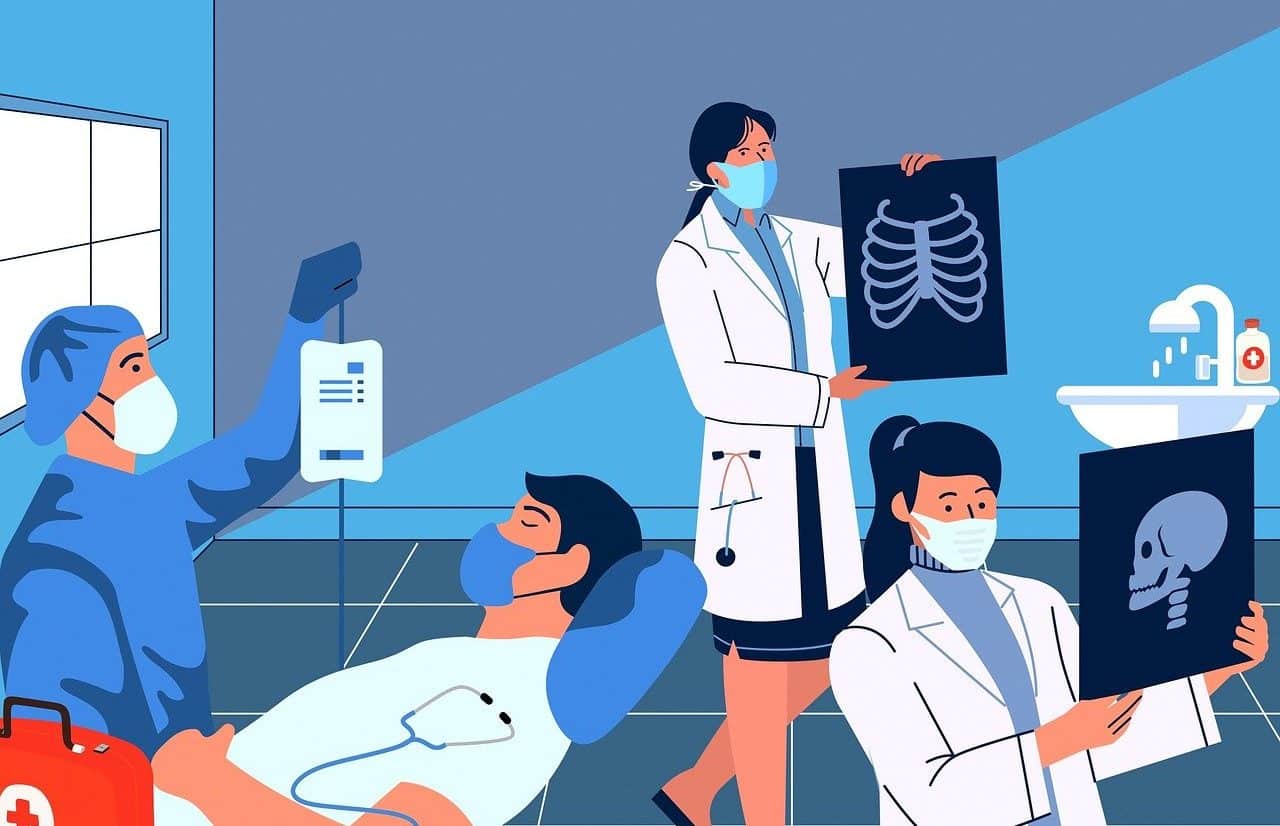
Informed consent, beyond being a formal instrument linked to rights and laws, is a key axis of medical ethics because it enriches the bond between doctors and patients (or their families) with clarity, respect and freedom.
Informed consent is, as seen when reviewing the theory and taking into account its practical application, a formal instrument related to information that, both in the public and private spheres, connects health professionals and patients in every link. that is established between both parties.
Through informed consent , the person who goes to the doctor is notified about his or her diagnosis (the specialist in charge must detail, in clear, direct and as simple language as possible, what condition has been detected, what the treatment is. to follow and what studies to perform or what medication it suggests administering, as well as having to list risks and benefits of the procedures) and, once aware of the entire panorama, you must voluntarily approve the professional recommendation to be able to undergo these practices. Faced with a rejection of their indications, doctors cannot move forward with their plan since the individual's decision regarding their own body outweighs the professional commitment to health care and quality of life .
Although oral transmission is allowed to comply with the law that contemplates the need for informed consent for any action that involves the intervention of both medical and health personnel, yes or yes this step must be accredited in writing and signed if applicable, or required, hospitalization , surgical interventions or invasive procedures , for example.
It is vital to know and take into account that, if it is not possible to specify the instance of informed consent directly with the patient , it will be carried out by appealing to the notification , will and decision of a legal representative, spouse or someone. close relative (accepted up to the fourth degree of consanguinity).
Keys to informed consent
Complete information transmitted clearly and objectively is one of the keys to informed consent . It is essential and mandatory that the person receives from the doctor a detailed description of the condition that afflicts them, what the perspectives are, what diagnostic tests are recommended to be performed and what procedure is the one he believes is most convenient. The professional can even mention, if any, different alternatives to the main or conventional treatment.
Once the diagnosis has been communicated, discussed about the benefits, risks and complications that may arise along the way and resolved doubts or queries, the specialist must ensure that the recipient of the message has understood what has been stated. . Only there, respecting the rights of the patient , can the act of informed consent be completed.
It should be noted that there are special and delicate situations connected both with the aforementioned instrument of informed consent and with medical-health intervention. This reality frames the actions on baby or very young patients (who require the representation of their parents to endorse the medical act), adolescents (who do have the patient's autonomy recognized and their voice, although in the face of the suggestion of undergoing an invasive treatment that compromises their physical integrity or health, joint consent is required from the person involved and the elders in charge of the patient in question) and people who, due to illness, cognitive impairment, loss of conscience or other reasons, does not have the capacity to understand the information that must be provided to him.
To undergo clinical trials , according to the age and situation of each individual, the preparation and signing of two copies is required in which the voluntary decision to undergo research is recorded in writing, a document that must appear in the corresponding clinical record. . In this case, if a teenager is involved, both their consent and the consent of the parents will be requested.

In order to arrive at a diagnosis, the health professional uses the results of laboratory tests, medical imaging procedures, physical examination, etc.
Patient rights
Every human being should know what issues are recognized and enforced, within the territory they inhabit, as part of the legislation that deals with patient rights . On Argentine soil, to detail a specific case, everyone has the right to receive medical assistance without distinction of any kind, that is, without discriminating or giving differential treatment based on sexual orientation, religion, age, social class, etc. that everyone possesses. It is urged, always and without exception (although sometimes not fulfilled), to provide respectful and dignified treatment to each patient and their eventual companion and to ensure both medical confidentiality and patient privacy .
It is also not permitted to violate the principle of personal autonomy that gives prominence to the individual himself to prevent him from being subjected to a treatment or procedure without his prior approval.

Receiving dignified and respectful treatment, accessing medical assistance services and having clear and accurate information at all times about their health status, diagnosis and treatment are part of the patient's rights.
It is essential to keep in mind the revocable nature of the patients' dispositions and professionals must adapt, therefore, to the will that, making use of their freedom and power of decision , each subject expresses to continue or suspend a process, refuse to certain practice or request a medical consultation . In this context, whoever receives a diagnosis of a terminal illness is authorized to assert his or her right not to prolong existence artificially if this entails more suffering and is not useful to reverse or improve the outlook, as well as giving consent for medical care . palliative care in order to guarantee dignified and respectful care until the last second of life to avoid pain and other unwanted consequences of the irreversible state.
